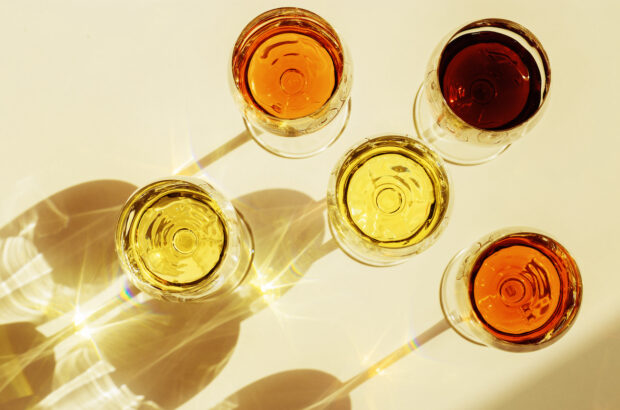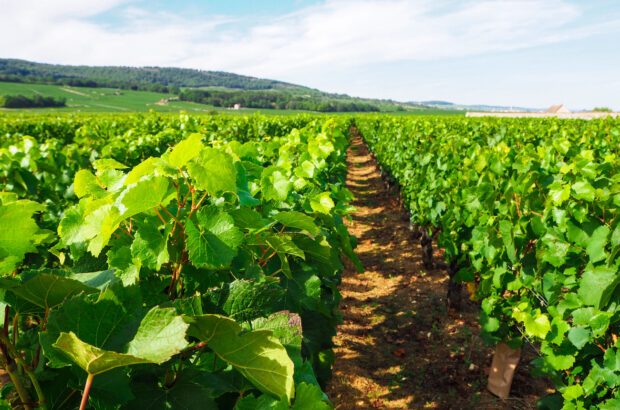Under the current regulations, most wine needs to have an abv of at least 8.5% to be labelled as such in UK retailers and bars.
There are some exceptions for wines produced in certain regions, which only need to have a 4.5% abv to be marketed as wine.
Anything below that level must be sold as a ‘wine-based drink’, which has led to confusion among consumers.
Those naming rules – which were inherited from the EU – do not apply to other drinks categories. For example, 0% abv and 0.5% abv drinks can be marketed as beer or cider.
Following a public consultation, the UK government now plans to lower the minimum abv on all wine to 0%. That will allow alcohol-free options to be marketed as wine for the first time.
The government said that Brexit presents a ‘unique opportunity’ to review ‘overly complex’ EU-era regulations governing the wine trade.
The Wine & Spirit Trade Association (WSTA), an industry group, has offered to work with the government on new labelling rules to ensure drinkers are fully informed.
It is part of a wider set of reforms laid out by the Department for Environment, Food and Rural Affairs (Defra) following a public consultation. The reforms will come into effect next year.
The UK government will also scrap the requirement for imported wines to display an importer address on the label. That removes a great deal of red tape for the industry, so the news was celebrated by importers and retailers alike.
The overhaul will also end the mandatory use of mushroom-shaped stopper and foil sheaths on sparkling wine bottles, a move designed to reduce ‘unnecessary waste and packaging costs for businesses’.
Rules governing bottle shapes have also been axed, while a ban on the blending of imported wines will be scrapped too.
Meanwhile, producers will be permitted to use designations of origin (PDO) for wines produced using hybrid grape varieties.
‘This will increase their resilience in the face of climate change and disease and provide greater choice for consumers,’ said Defra.
WSTA chief executive Miles Beale said: ‘Removing the restrictive rules on importer labelling will significantly reduce the post-Brexit impact of having to have a unique UK label.’
He added that having one common label for both UK and EU markets will ‘maintain the UK as an attractive destination market and support our aim for UK consumers to continue to have access to the widest possible choice of wine from around the world’.
‘At a time when businesses are doing all they can to minimise packaging waste, changes to packaging rules will be good for business, the environment and consumers,’ said Beale.






